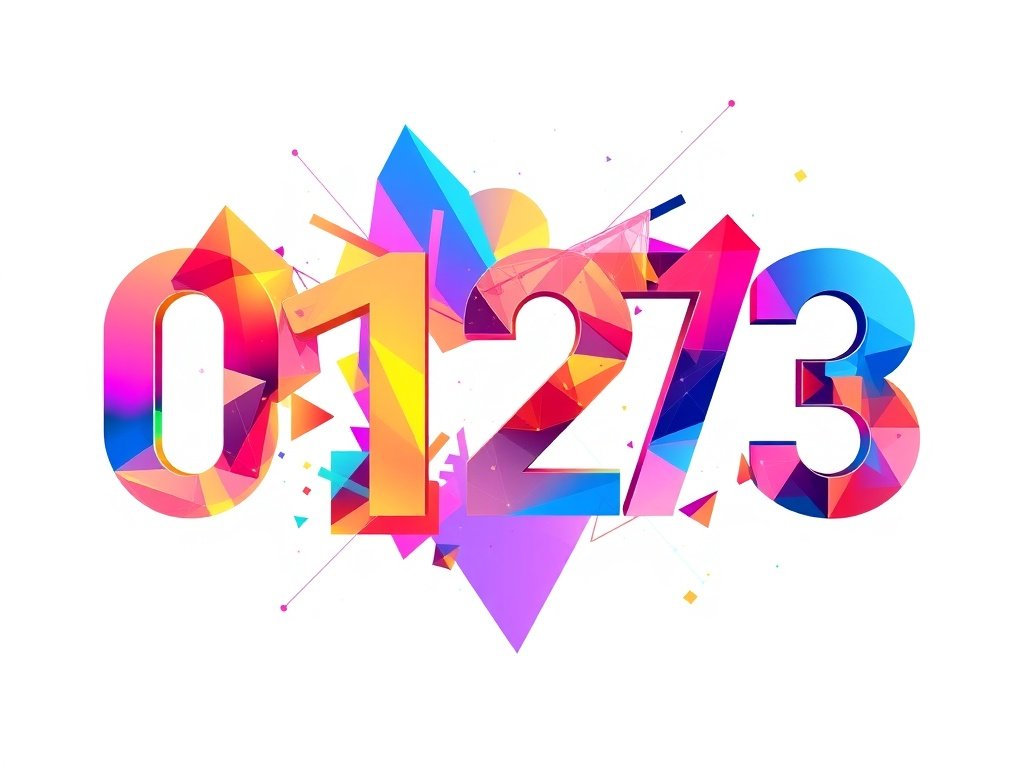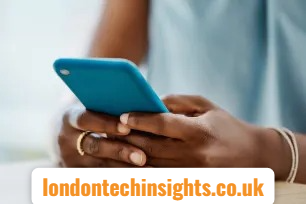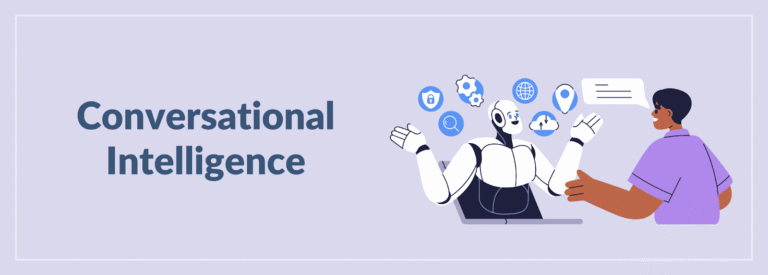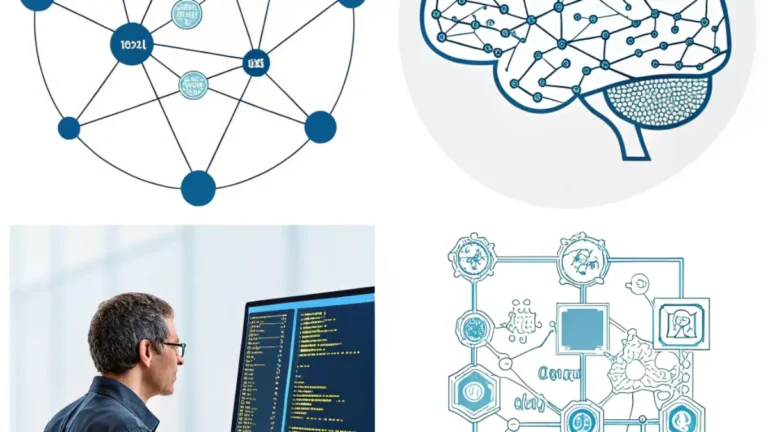
Introduction to the 01273 Area Code
The 01273 area code is one of the most recognizable telephone codes in the United Kingdom, particularly associated with the vibrant city of Brighton and its surrounding coastal towns in East Sussex. For decades, this code has not only served as a technical identifier for telephone exchanges but also become a symbol of local identity for businesses, residents, and cultural institutions. When people see “01273,” they immediately connect it with Brighton’s bustling seafront, progressive culture, and its growing role as a digital hub on the south coast of England. In today’s interconnected world where mobile numbers and internet-based calling are dominant, the 01273 code continues to hold importance for communication, branding, and regional recognition. Understanding its origins, uses, and modern relevance provides insight into how telephone codes shape both everyday life and business environments.
Geographical Coverage of the 01273 Area Code
The 01273 code primarily serves Brighton, Hove, and several neighboring towns and villages across East Sussex. Its coverage extends beyond Brighton’s immediate urban environment, touching smaller communities where landline usage is still more prominent. The code ensures that calls are easily routed within the UK’s national telephone system, while also highlighting the region as a distinct area within the numbering plan.
- Main coverage areas include:
- Brighton
- Hove
- Shoreham-by-Sea
- Lewes
- Rottingdean
- Falmer
- Brighton
This distribution demonstrates how a single area code encompasses a mixture of busy metropolitan centers and quiet rural locations. The presence of the University of Sussex in Falmer, for example, means that the 01273 area code is tied not just to local businesses but also to academic and research institutions, giving it broader significance.
Historical Development of the 01273 Code
The UK’s area code system was designed in the mid-20th century to organize and expand telephone networks as demand grew. Originally, Brighton was served by shorter numerical codes, but with the expansion of telecommunications, the current 01273 designation was introduced as part of the PhONEday changes in 1995. This reform standardized codes across the UK, ensuring that enough number ranges were available for growing demand.
Before 1995, Brighton used the prefix 0273. With PhONEday, a “1” was added to all area codes across the UK, making Brighton’s code 01273. These changes were essential not only to meet demand but also to future-proof the numbering system. The modification allowed for a larger pool of available numbers, accommodating both residential and commercial needs as mobile phones, internet lines, and business expansions continued.
Cultural and Local Identity of the 01273 Code
What makes the 01273 code unique is that it is often recognized as a cultural marker, not just a technical feature. Brighton, associated with creativity, inclusivity, and a thriving arts scene, has embraced 01273 as a symbol of belonging. Many local businesses proudly display the area code in their branding, signaling that they are rooted in Brighton’s community. For residents, having a number with this code can feel like a badge of local pride, similar to having a recognizable postcode.
In addition, the city’s reputation as the “London-by-the-Sea” has meant that 01273 is connected with both leisure and commerce. Whether it is a call to a music venue, a seaside hotel, or a digital startup in Brighton’s growing tech hub, the area code signifies a direct line to one of the UK’s most dynamic urban regions outside London.
Economic Importance of the 01273 Area Code
From an economic perspective, the 01273 code plays a vital role in supporting businesses across the south coast. Landline numbers remain essential for companies, especially in industries where trust and local reputation matter. Customers are more likely to engage with a business displaying a local number because it suggests reliability and presence within the community.
For Brighton, a city with a thriving tourism sector, local area codes assure visitors and clients that they are dealing with genuine local enterprises. Hotels, restaurants, cultural venues, and event organizers still actively use 01273 numbers as a mark of authenticity. Furthermore, in Brighton’s rapidly growing tech sector, many digital startups prefer to keep a local code, using it in combination with mobile and VoIP services to maintain a professional yet community-based identity.
Technical Aspects and Call Routing
Behind the simplicity of dialing lies a complex technical system that makes the 01273 code function effectively. The area code helps route calls to specific local exchanges within the Brighton region, ensuring efficiency in both landline and mobile connections. While many assume that area codes are losing relevance due to mobile technology, in reality, they continue to underpin the backbone of the UK’s fixed-line network.
A simplified view of call routing looks like this:
| Step | Process | Example with 01273 |
| 1 | Caller dials number | 01273 + local digits |
| 2 | Telecom system recognizes area code | Identifies Brighton region |
| 3 | Call routed to local exchange | Brighton/Hove exchange |
| 4 | Final delivery to recipient line | Business or home |
This system ensures reliability even as mobile technologies dominate.
How Residents Use the 01273 Code
For residents, the 01273 code is more than just a technical label; it is an everyday tool for staying connected. Many households still keep landline numbers for official matters, home offices, and reliable broadband connections. In particular, older residents and families in rural parts of Sussex rely on the stability of landlines, where mobile coverage can sometimes be inconsistent.
Moreover, the code is often used in personal branding. Freelancers and small businesses working from home prefer to have a local code for clients, signaling both professionalism and accessibility. This demonstrates how even in a digital-first world, area codes continue to shape communication at a grassroots level.
Business Strategies and the 01273 Number
Companies in Brighton often use the 01273 code strategically. By maintaining a local number, they can appeal to customers who prefer dealing with nearby services rather than distant corporations. This is particularly important in sectors such as:
- Hospitality (hotels, B&Bs, restaurants)
- Tourism (event organizers, tour guides, cultural venues)
- Professional services (solicitors, accountants, consultants)
- Health and wellness (clinics, therapists, gyms)
For businesses targeting London markets, having an 01273 number can also provide an interesting advantage: it signals proximity without being directly in London, offering a balance between credibility and affordability.
01273 in the Digital Age
In the digital age, where mobile numbers and VoIP dominate, one might assume that area codes like 01273 are becoming obsolete. However, the reality is different. VoIP providers often allow businesses to adopt virtual numbers with local area codes, enabling even international firms to appear as if they are based in Brighton. This keeps 01273 relevant in the modern communication landscape.
Furthermore, many Brighton-based startups prefer to keep 01273 numbers alongside their mobile-based operations. This dual presence ensures they are reachable by different audiences while preserving their local identity. As telecommunication evolves, area codes are adapting rather than disappearing, and 01273 is no exception.
Comparison with Other UK Area Codes
To better understand the unique role of 01273, it is useful to compare it with other prominent area codes in the UK.
| Area Code | Primary Location | Cultural/Economic Association |
| 0121 | Birmingham | Industrial, corporate hub |
| 0161 | Manchester | Media, culture, music scene |
| 020 | London | Finance, government, global business |
| 01273 | Brighton | Creative industries, tourism, digital hub |
This comparison shows how 01273 fits into the broader UK numbering system, marking Brighton as a distinct and influential urban center.
Security and Fraud Concerns
Like any area code, 01273 has occasionally been misused in scams and fraudulent activities. Some fraudsters use spoofing techniques to make it appear as though a call originates from Brighton, tricking recipients into trusting the caller. This is a growing challenge across all area codes, not just Brighton’s.
Residents and businesses are advised to remain vigilant when receiving unexpected calls from unfamiliar 01273 numbers. Verifying the caller’s identity before sharing personal information is essential. Local authorities and telecom providers continue to educate the public on how to recognize and avoid such scams, ensuring the integrity of the area code is preserved.
Brighton’s Growth and Its Impact on the Code
As Brighton continues to grow in population, commerce, and cultural significance, the demand for numbers under the 01273 code has increased. Expansions in digital industries and higher student populations contribute to this demand. Fortunately, the UK numbering plan has built-in flexibility, ensuring that Brighton’s growth can be accommodated without major disruption.
This growth also reinforces the symbolic value of the area code. As new residents, students, and businesses adopt 01273 numbers, the code expands its association with diversity, creativity, and innovation, further strengthening Brighton’s brand identity.
Social Significance of 01273
Beyond business and technical use, the 01273 area code also carries social significance. It acts as a connector between communities, linking residents across Brighton, Hove, and nearby towns. In many ways, it symbolizes regional unity. Local campaigns, events, and community initiatives often feature the code in their branding to reinforce a sense of shared identity.
This demonstrates how telephone infrastructure, once seen purely as functional, has evolved into a part of social fabric. For Brighton, 01273 is not just about making calls but also about reinforcing community ties.
Future Outlook for the 01273 Code
Looking ahead, the 01273 code is likely to remain relevant despite advances in technology. As long as local identity and regional branding matter, businesses and residents will continue to value it. Moreover, with the rise of virtual numbers and VoIP systems, the code could expand its reach even further, enabling global companies to associate themselves with Brighton’s culture and economy.
At the same time, regulators and telecom providers must ensure that the numbering system evolves alongside demand. Continued protection against fraud, fair allocation of numbers, and efficient routing will all be crucial to maintaining the code’s reliability and trustworthiness in the years to come.
Conclusion
The 01273 area code is far more than just a sequence of digits. It represents Brighton and its surrounding towns as places of innovation, culture, tourism, and community. From its historical evolution in the UK numbering system to its modern role in business strategy and local identity, 01273 has adapted to changing times while maintaining its unique character. Whether used by a family in Hove, a startup in central Brighton, or a university department in Falmer, the area code continues to symbolize belonging, reliability, and connection. In a digital-first world, 01273 proves that local identity still matters, and telephone codes remain relevant markers of place and community.
FAQs
Q1: What towns are covered by the 01273 area code?
The 01273 code covers Brighton, Hove, Shoreham-by-Sea, Lewes, Rottingdean, and nearby areas in East Sussex.
Q2: When was the 01273 code introduced?
It was introduced in 1995 during PhONEday, when a “1” was added to area codes nationwide.
Q3: Why is the 01273 code still important today?
It remains important for local identity, business credibility, community branding, and reliable landline services, even in the era of mobiles and VoIP.






